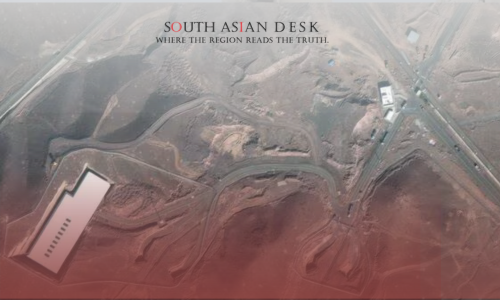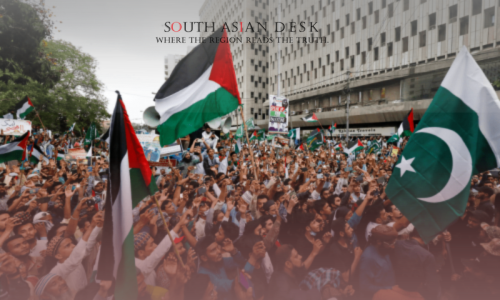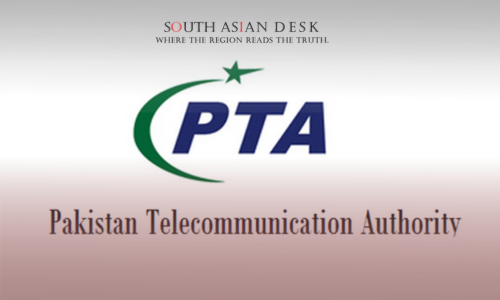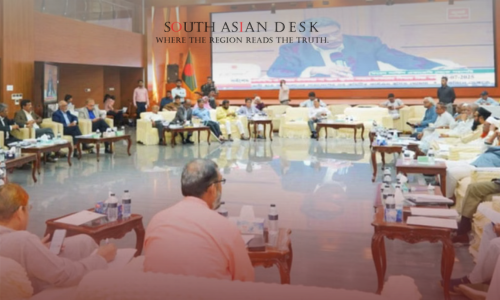On June 21, 2025, Pakistan announced its decision to nominate U.S. President Donald Trump for the 2026 Nobel Peace Prize, praising his diplomatic efforts in resolving a four-day conflict between Pakistan and India in May. The government highlighted Trump’s role in brokering a ceasefire after tensions escalated following a terror attack in Indian-controlled Kashmir in April, which killed 26 people. Pakistan’s statement described Trump’s actions as a display of “strategic foresight and leadership” in de-escalating a crisis between the nuclear-armed neighbors.
However, less than 24 hours later, on June 22, Pakistan issued a strong condemnation of Trump’s decision to order U.S. airstrikes on Iranian nuclear facilities. The strikes, targeting sites at Fordow, Natanz, and Isfahan, were described by Pakistan’s Ministry of Foreign Affairs as a violation of international law. The ministry expressed concern over the “escalation of tension and violence” in the region, warning that further military actions could have severe consequences for stability in the Middle East and beyond. Prime Minister Shehbaz Sharif also spoke with Iranian President Masoud Pezeshkian to reiterate Pakistan’s disapproval of the U.S. attacks and to express solidarity with Iran, a neighboring country with which Pakistan shares a 900-kilometer border.
The rapid shift in Pakistan’s stance has sparked discussions on social media platforms like X, where users have noted the apparent contradiction in nominating Trump for a peace prize while criticizing his military actions. Some posts suggest Pakistan’s move reflects a delicate balancing act, aiming to maintain diplomatic ties with the U.S. while standing with Islamic neighbors like Iran. Others view the nomination as a strategic gesture to appeal to Trump’s influence amid complex regional dynamics.
Pakistan’s nomination of Trump followed a high-profile meeting between Trump and Pakistan’s army chief, Field Marshal Asim Munir, at the White House on June 18, marking the first time a U.S. president hosted Pakistan’s military leader without civilian officials present. The meeting focused on regional issues, including Iran-Israel tensions and the India-Pakistan ceasefire. While Pakistan praised Trump’s mediation, India downplayed U.S. involvement, asserting that no external mediation was needed for the Kashmir issue.
This sequence of events underscores Pakistan’s complex foreign policy, navigating relations with global powers and regional allies. The nomination and subsequent condemnation highlight the challenges of maintaining consistent positions in a volatile geopolitical landscape.
Published in SouthAsianDesk, June 24th, 2025
Follow SouthAsianDesk on X, Instagram and Facebook for insights on business and current affairs from across South Asia.






